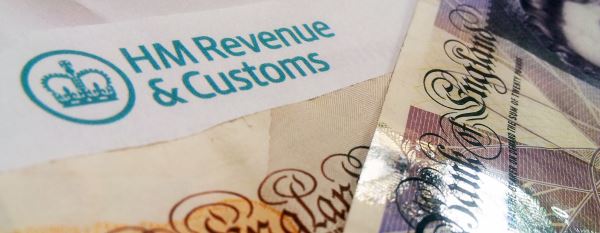Revealed – the great mobile tax con

An ongoing investigation spearheaded by the Guardian newspaper has revealed the true extent to which the UK’s mobile networks are avoiding their tax liabilities. Despite paying out billions of pounds in dividends to shareholders, the main mobile providers are managing, in some cases, to not pay any corporation tax whatsoever.
The news comes right after Justin King was attacked for doing business with serial tax avoiders Vodafone. The loophole the companies are taking advantage of is based upon tax breaks offered by the government on the purchase of new infrastructure hardware and radio spectrum such as the recent 4G auction.
Formed by the merger of Orange and T-Mobile, EE (or Everything Everywhere) is by far the country’s largest mobile operator. It will therefore come as little surprise that it’s also one of the biggest crooks when it comes to not paying tax.
This massive company is joined owned by German and French telecoms companies and has over 25 million UK customers as well as untold millions in the bank. EE aims to use up nine tenths of its cash flow paying future dividends. So far it has spent over £3 billion on paying shareholders which is a massive 40% more than the current budget for all A&E hospitals on the NHS.
Even though Chancellor George Osborne has already cut corporation tax from 24% to 20% which is the lowest of any global economy, mobile networks can claim back tax credit for a quarter of their outgoings on many items. Professor Sikka who specialises in tax accounting said the following:
“The telecoms industry shows the folly of the current corporate tax regime, which allows companies to structure their affairs in ways that add no economic value but reduce their tax bills.”
And it’s not just EE getting away with this. Three Mobile has paid less than £1 million in tax over the last three years. It is owned by Asian company Hutchison Whampoa and has erected incredibly complicated financial structures constructions in order to maximise its British tax assets so that historical losses can be used to cancel out future tax bills. This is currently perfectly legal for mobile networks but not for us if, for example, we wanted tax credits for taking out a loan or mortgage.
Vodafone is another example of a UK mobile network that has complex arrangements allowing it to avoid paying tax. For example, a series of purposely-uncompetitive loans to other related companies will allow it to save over £3 billion on the amount it recently spent on 4G spectrum.
O2 currently pays the most tax of any of the big four networks. Its tax bill between 2009 and 2011 was well over £600 million according to its accounts. Because it owns less 3G spectrum it has less to offset against its earnings and O2 expects to continue paying large amounts of corporation tax in the near future.
Despite this, O2 has paid about £2.5 billion back in dividends to its owner Telefónica which is more than three and a half times its tax bill over the same timeframe.
Recent reports suggest that, MPs such as Labour’s Margaret Hodge and Parliament as a whole will aim to crack down on these practices though, the effectiveness of such actions remains to be seen. Hodge has accused the government of simply giving away taxpayers’ money.
At the moment the situation is dire – UK network operators have made almost £60 billion in revenue over the last three years with over £10 billion of that being clear profits. Despite this, some operators haven’t paid a penny in tax over the same period.
What do you make of this news? Is it fair that mobile networks can make such large sums of money but give back such a small amount in tax bills? Is anything going to happen about it or will the coalition continue to let them get away with it? What’s your take on the whole situation?









Recent Comments